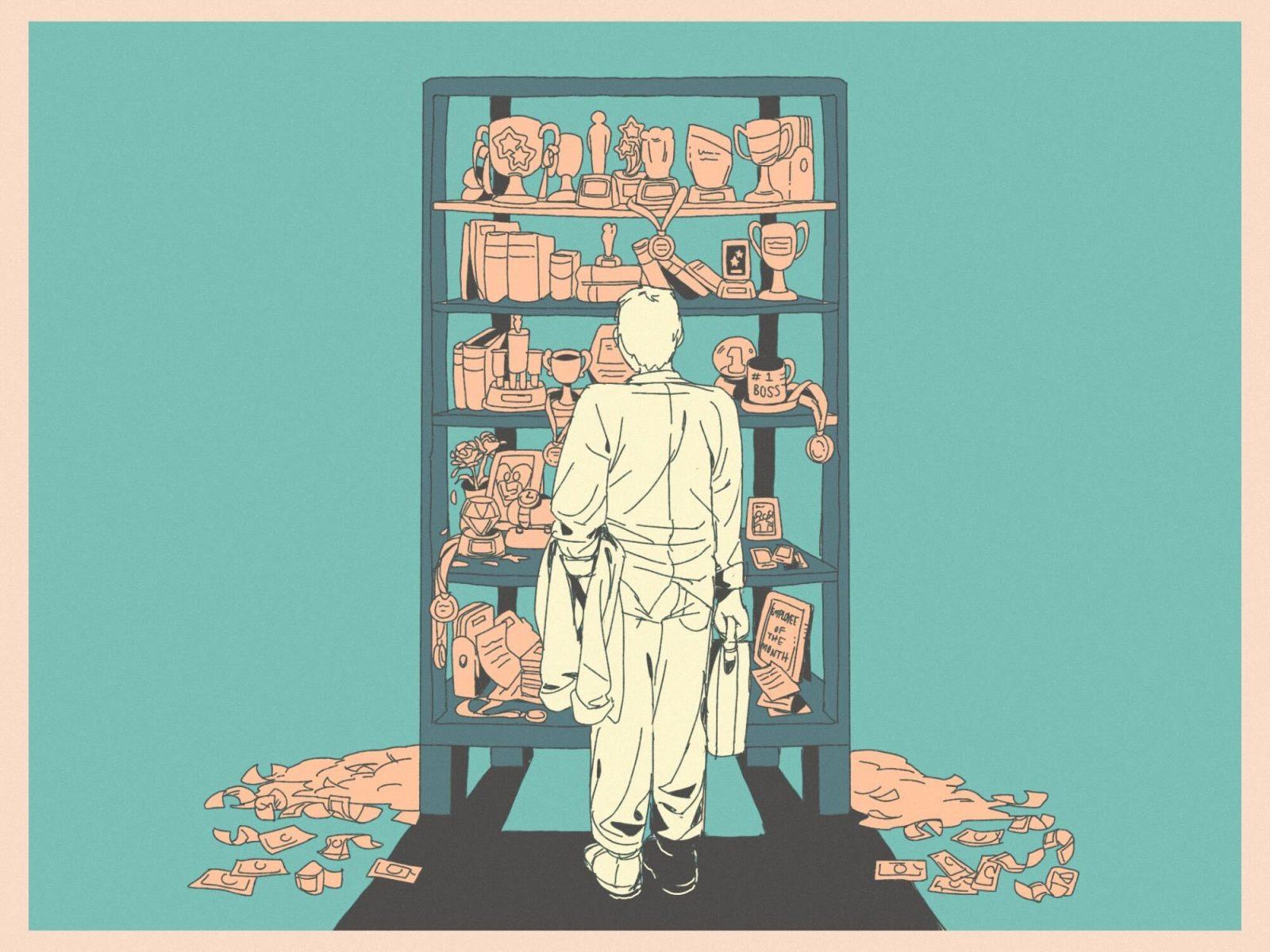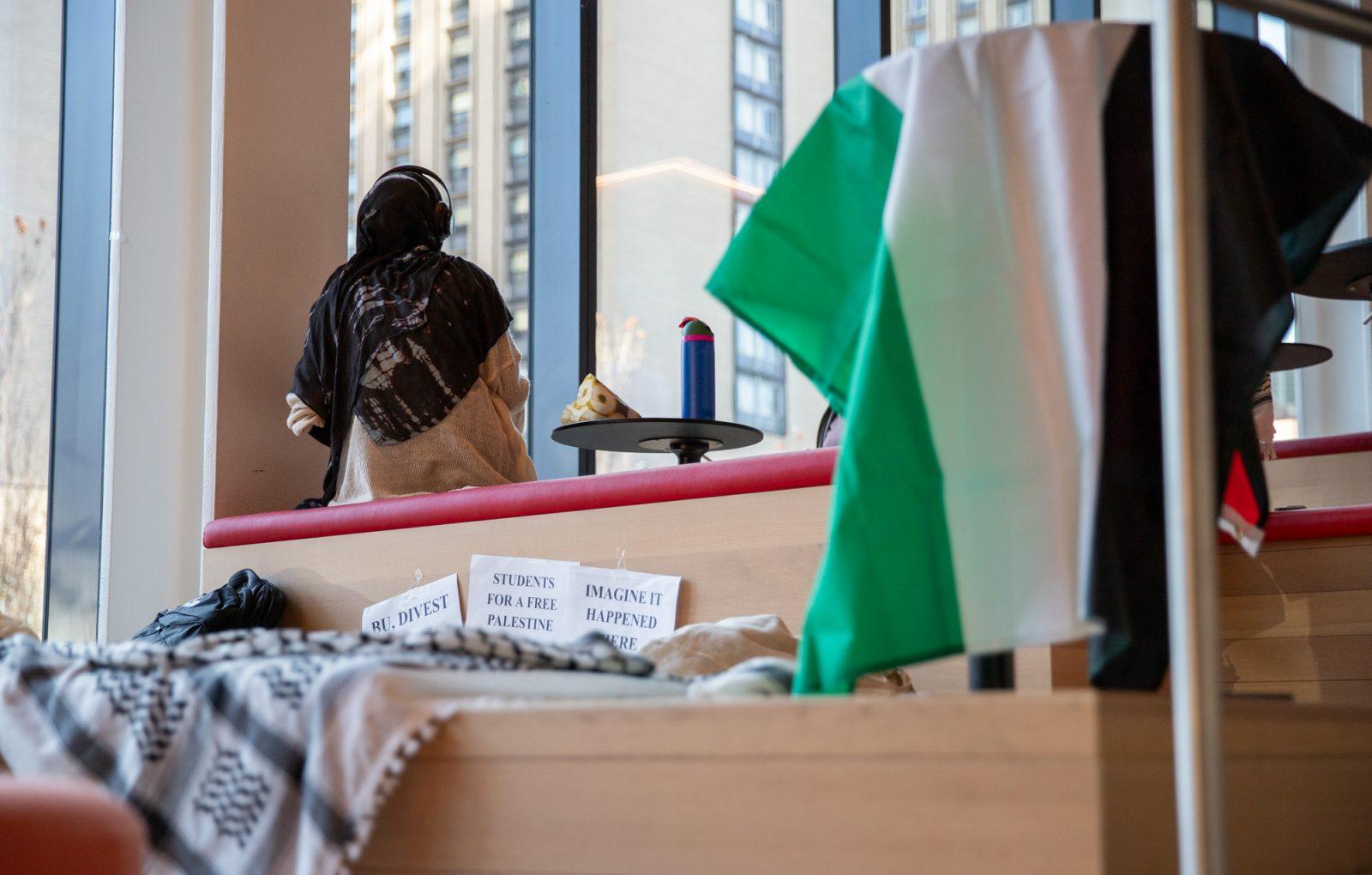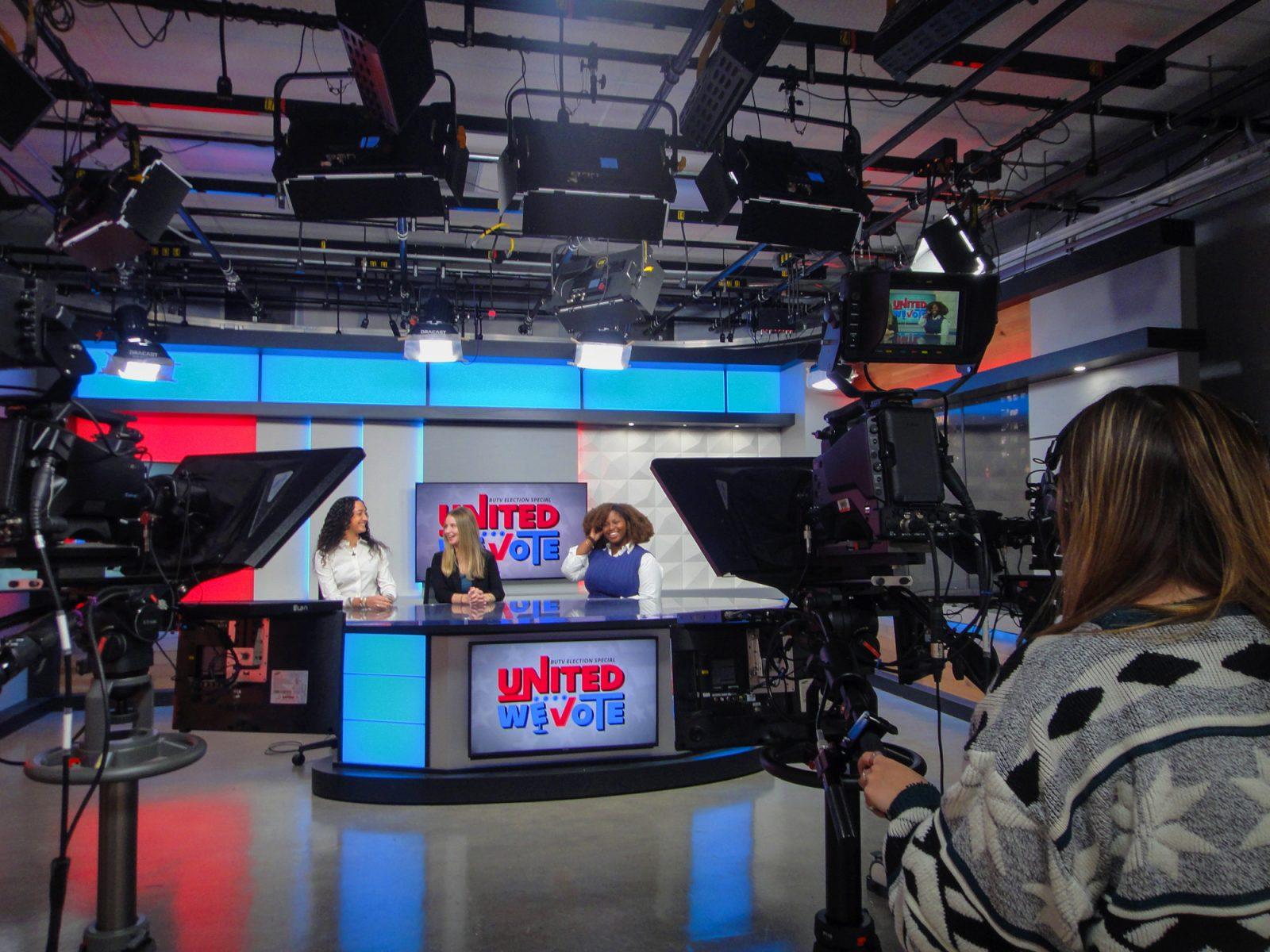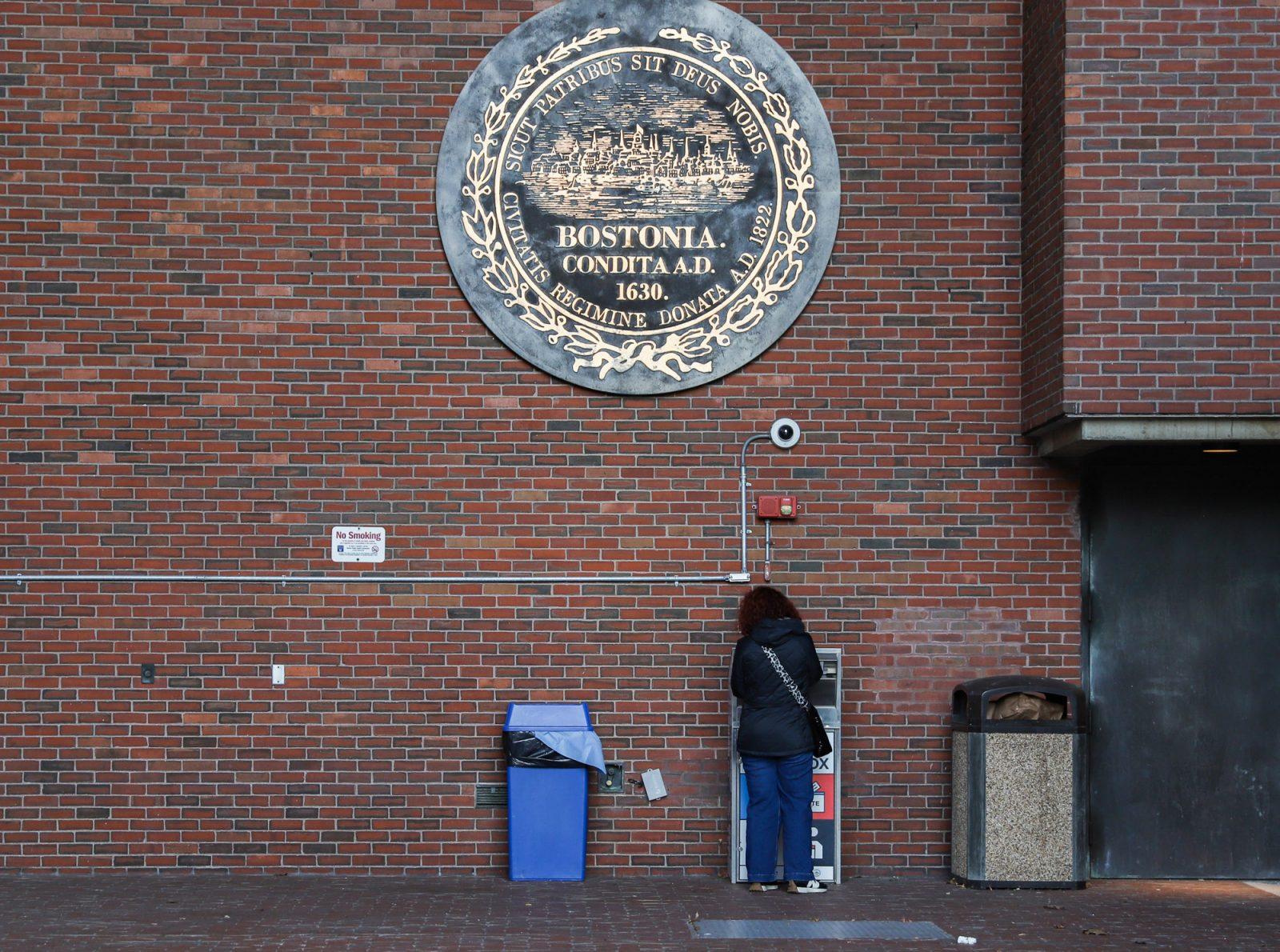The Boston University student community, like much of the nation, decided to take a stand this past week to fight racial injustice as part of the movement sparked by George Floyd’s death. BU’s Black student union, UMOJA, and Student Government organized a GoFundMe page Monday to raise money and awareness of police brutality and racial inequality in America.
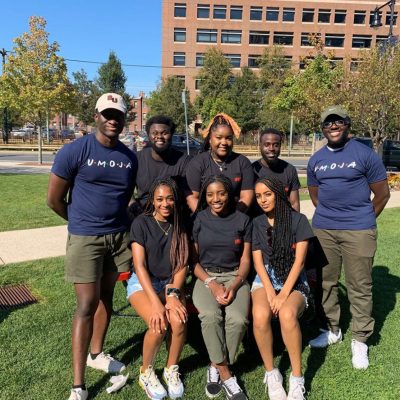
The Daily Free Press spoke with UMOJA Vice President Delice Nsubayi about the fundraiser, the role of the media in fighting racism and the University’s role in recent national events.
Read the transcript of our interview with Nsubayi below. Excerpts have been edited for clarity.
What do you feel is the responsibility of universities like BU, the administrations, as well as other large organizations in moments such as these?
I think it’s important for universities to acknowledge the racism and the injustice that goes on in this world, because if you don’t acknowledge it, that would mean that you don’t see your Black and Brown students, specifically at this time, your Black students. That is something we cannot erase. We cannot erase our skin color. And so when you try to glaze over something like that, it kind of seems like you don’t see us. I think it’s more than just about George Floyd, it’s more than just about police brutality, but it’s about the system. All these systems have been built on racism, and it is important that our schools are fighting, actively fighting against this system. It’s not just police brutality it’s not just one person, but it’s a continuous thing that keeps on happening. We need their support because we can’t do this on our own. They might think it’s just about police brutality, but we come on campus and we have to be around student body who support people like Ben Shapiro who has basically said slavery didn’t build America, which is completely disrespectful to the student body whose ancestors kind of went through that. We have to go on campus and have security guards double-check our student IDs when we swipe into buildings. We have professors who make insensitive comments. Those are little microaggressions. If you don’t even want to speak out about the bigger issue, how do we know you’re willing to hear us? Listen to us? Work on the smaller issues that we face every day?
Looking at the GoFundMe that UMOJA and Student Government initiated, there are currently 1,600 donors, over 1,000 shares, over 1,000 followers and $43,000 raised. What does it mean to you to see this amount of support?
This absolutely means the world to me just because for me personally, social justice and activism, it’s not just a thing that I’m doing. It’s my life. It is very personal. I have a dad who I have to think about whether he’s going to be able to come home at night. I have two brothers, who I can’t even send out in the nighttime to go buy groceries or buy milk from the store or something because you never know what’s going to happen to them. I’ve been passionate about this since I was a teenager. But today, this is the first time that I feel like I’m doing something tangible. You see people die over and over and over again, and you become numb, and you just don’t know what you can do. I’ve shared stuff on my social media, I’ve spoken about it, I’ve cried about it. But here I am, being one of the people who’s organized something that’s actually going to make a difference and that, to me, is empowering because I’m like, you take my power away by killing my people but I’m able to have power again by contributing to those who are fighting for our lives in the streets. It’s made me feel proud to be a BU student just because I feel sometimes when we’re on campus, BU is very divided. The Asian students hang out with the Asian students. The white students hang out with the white students. Black students hang out with the Black students and so on. But this is the first time I’ve ever seen us come together — without administration’s help to host an event or anything — but we decided that we were going to come together and we were going to stick by each other. And I see true allyship in my non-Black schoolmates right now, and I don’t know, it’s just a beautiful thing.
In regard to social media, how do you feel about the various campaigns that are going on, such as Instagram’s Blackout Tuesday? Do you think social media has a tangible effect on these issues?
Social media has a very powerful influence. I think that social media is what helps us. If you go on social media, you’re seeing the bad and it’s not filtered. It’s literally people’s live videos, straight from the camera rolls, no extra music, no extra anything. But at the same time, I’m very pissed about this Blackout Tuesday thing, just because I don’t feel like people are thinking. It’s important to think about your actions and why you’re doing something and how it could potentially affect something. I don’t think people are doing that, but are following trends. It’s very easy to feel pressured to make a post and hashtag it “Black Lives Matter” as if it shows anything. And for me, I’m just asking people, ‘What’s the purpose? What are we gaining from this?’ Awareness. Okay. Everybody is aware of what’s going on. We don’t need awareness anymore. We know. Everybody knows. The Amish have protested. The Amish, who don’t use social media. And so therefore, we are beyond the stage of awareness. We can’t just do anything because you see a random post that says, ‘Okay, we’re blacking out on Tuesday.’ People are blacking out and just filling feeds with black posts, with no substance, no information on where to donate, no information of what’s going on, no information of policies that are happening, nothing substantial. It’s just performative and it doesn’t get anything done. I think it’s important that people who use social media think about what they’re doing.
Do you think the media that older generations are viewing versus what younger generations are viewing are creating a disconnect within our society, how people are looking at this issue?
I think for sure. Media, before, people were very honest, a lot of stuff was unfiltered for the most part. But media now is just, I don’t know. I personally do not watch the news. I don’t trust the news and I think that there’s always pressure to fit certain narratives. It’s images everywhere on news outlets and TV of police that are kneeling and that are hugging protesters. But if you tune into Twitter, people are saying, yes, they kneeled with us, but 30 minutes later, they pepper sprayed all of us. Yes, they kneeled with us, but they beat the crap out of us an hour later. Yes, they kneeled with us, but they did this afterwards. And so we’re only getting part of the story. I know that a lot of people are getting the wrong information. We’re not receiving the whole truth. That’s why it’s so hard to trust news stations. And each new station has their own political affiliation, has their own association, they have their own people that they support. And so, who do we trust?
Do you think George Floyd’s death and BU’s response will have an effect on the Fall semester? And if so, what do you think the long term effects of what’s going on now will be when we get back to campus?
I think George Floyd’s death has definitely had a big impact on all of America and hopefully, it is the start of a revolution that will incite change. In regards to BU, I think that their lack of response, their lack of acknowledgment of actual issues has brought the community together. We, as the student body have decided to make a difference and to make a change, even if BU decides not to. We originally wanted them to match our donation. But even if BU decides not to match our donation, I think we will be satisfied with ourselves knowing that we’ve raised almost $50,000 together and that’s only in the past 24 hours. Imagine what we can do in a couple days. UMOJA are already talking about what kinds of changes we can see and how we’re going to be able to use our positions and our power to move forward. BU doesn’t know it, but they’ve united us in a way that they probably didn’t imagine. We are willing and we are ready to work because we want a change and we want the system to change. And that includes all systems, including the University systems.
Has UMOJA been in contact with the administration on matching the donations? And what have they responded back to you guys?
We’ve made a statement as UMOJA and we haven’t really been getting a lot of talking from administration. It’s something that we’re asking, but we aren’t going to beg for it and we aren’t going to pressure them to do it. Everybody knows that this is something that we want them to do. And I think their response to our request will be quite telling just because over 25 percent of your student body is asking you to do this, but if you don’t do it, it’s okay because we did it on our own. I think it’s more of an opportunity for them to show us that they care about changing systems.
The Daily Free Press is a partner of the Boston University S.O. Fight for Social Justice fund.














































































































